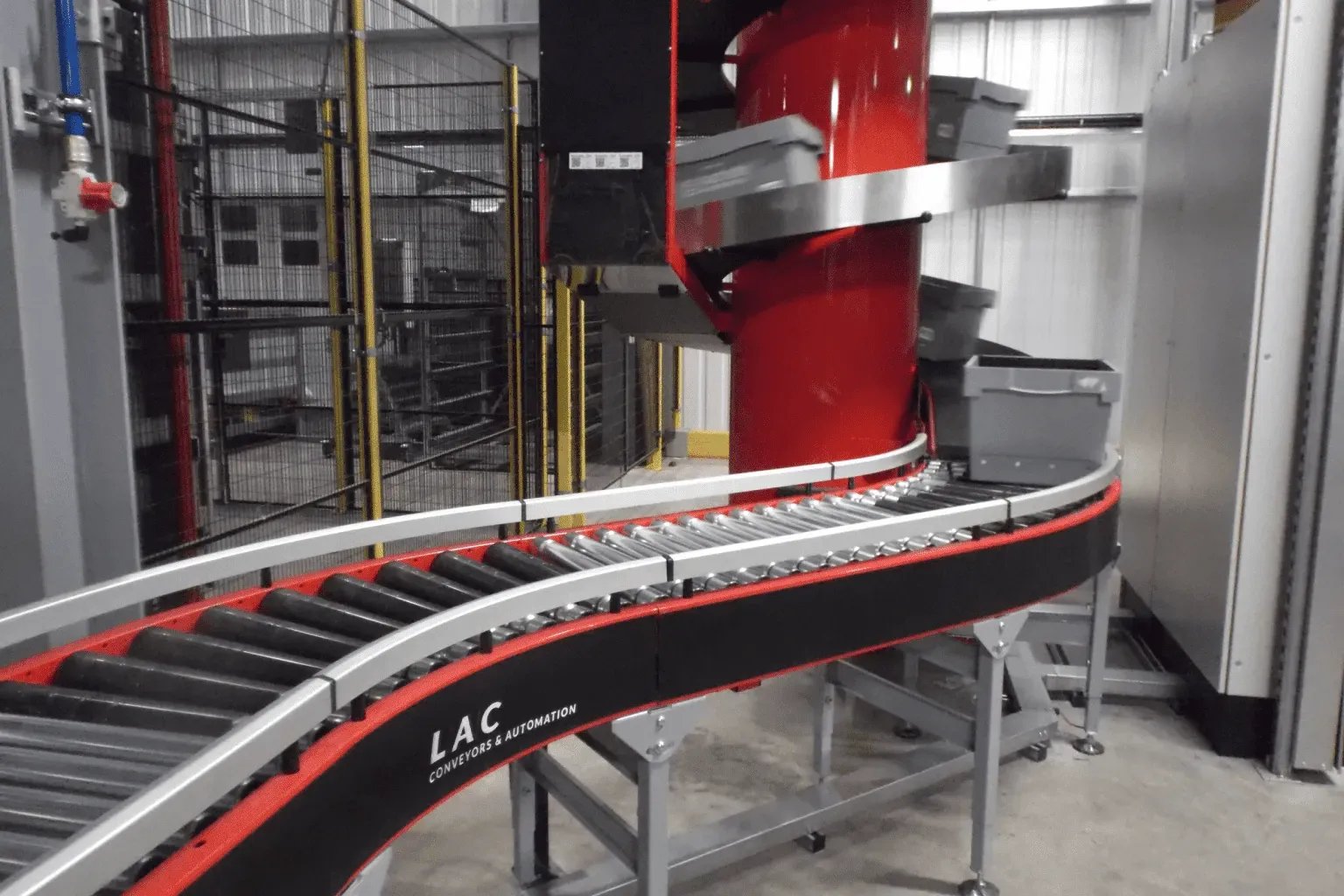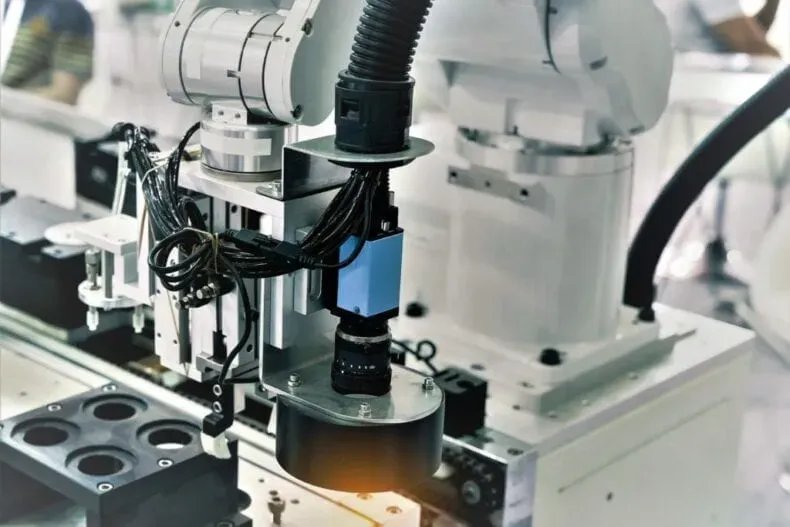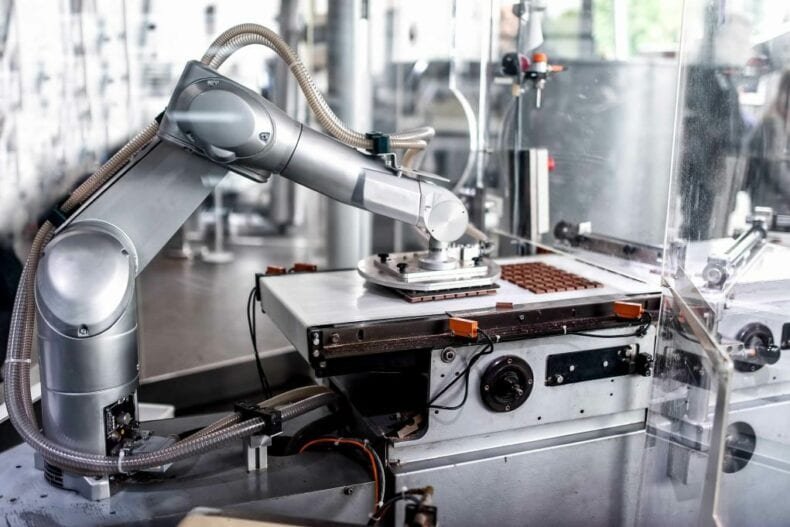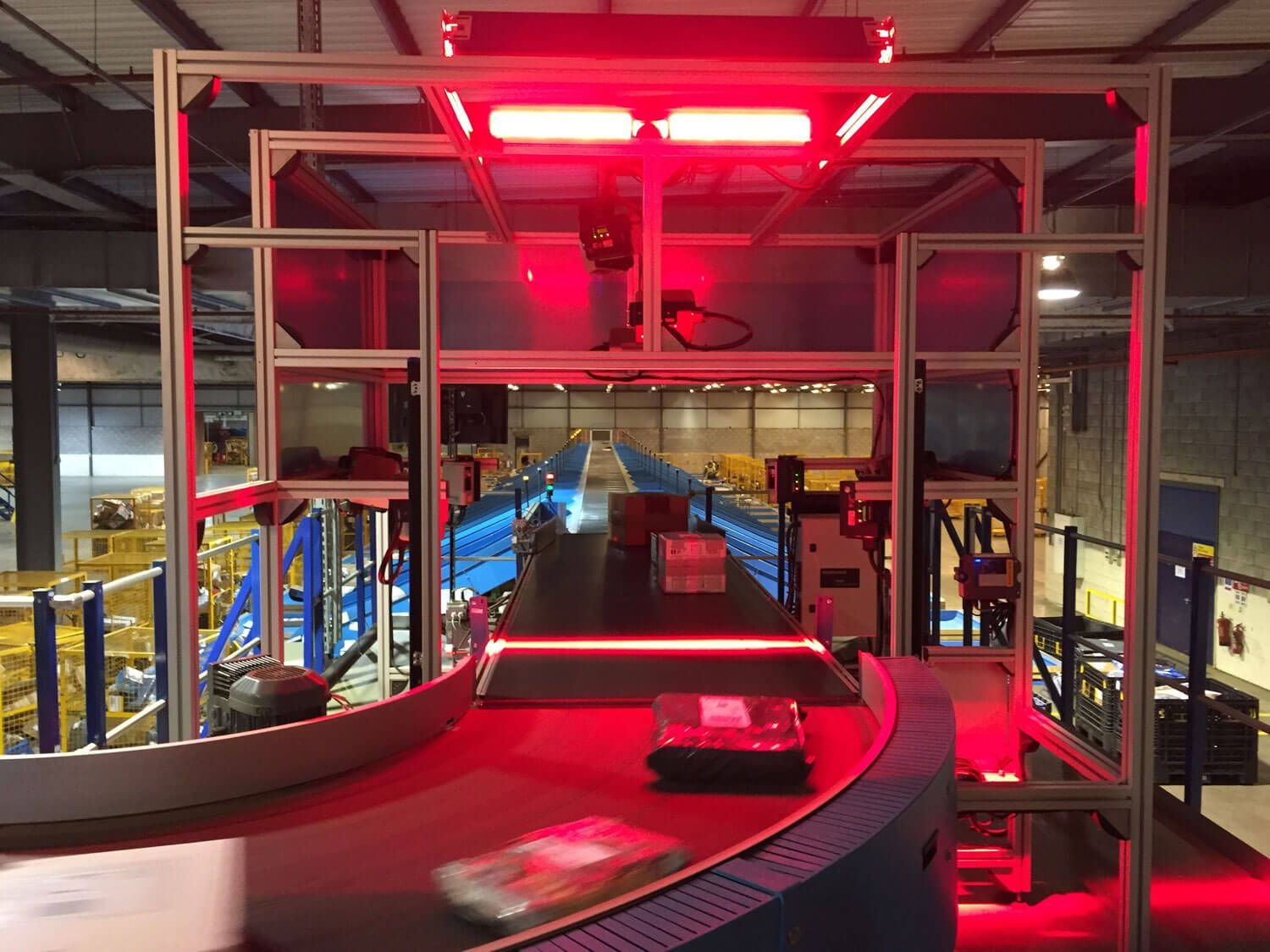The logistics industry is rapidly evolving, and warehouse automation has become a key player in shaping its future. L-A-C Logistics Automation is spearheading this transformation, offering cutting-edge solutions that revolutionise supply chain operations. This article delves into how warehouse automation is not just enhancing logistics efficiency but is also driving innovation in this dynamic industry.
What is Warehouse Automation?
Warehouse automation refers to the use of technology to perform warehouse processes with minimal human intervention. It encompasses a range of solutions, from robotics and conveyors to software systems for inventory management and data analytics.
This technology streamlines tasks such as picking, packing, and sorting, enhancing operational efficiency.L-A-C Logistics Automation leverages these advancements to optimise the supply chain, ensuring faster and more accurate order fulfilment.
Current State of Warehouse Automation
Warehouse automation today is a vibrant field, integrating advanced technologies like robotic process automation, artificial intelligence (AI), and the Internet of Things (IoT). These technologies have transformed traditional warehouse operations, making them more efficient, accurate, and scalable.
For instance, robotic arms and automated guided vehicles (AGVs) are increasingly common in handling materials. AI algorithms optimise inventory management, while IoT devices track goods in real-time.
LAC Logistics Automation expertly incorporates these technologies, offering bespoke solutions tailored to diverse industry needs. A notable case study is our work with Evri, a leading parcel delivery company.
LAC provided a sophisticated parcel sorting system, significantly enhancing Evri’s operational efficiency and handling capacity. This example, among others, illustrates how L-A-C Logistics Automation is at the cutting edge of implementing contemporary warehouse automation technologies.

Benefits of Warehouse Automation
Warehouse automation is a game-changer in the logistics industry, offering a multitude of advantages that are vital for modern businesses.
- Increased Efficiency and Productivity: By automating repetitive and time-consuming tasks, warehouse operations become significantly more efficient. This automation allows for seamless integration of various processes, from inventory management to order fulfilment, leading to a substantial increase in overall productivity.
- Cost Savings and ROI: One of the most compelling arguments for warehouse automation is its economic benefit. Automated systems, while requiring initial investment, lead to considerable long-term cost savings. These savings are realised through reduced labour costs, decreased downtime, and more efficient use of resources. The return on investment is further amplified by the longevity and durability of these automated solutions.
- Improved Accuracy and Reduced Human Error: Automation greatly minimises the risk of human error. In an environment where precision is key, automated systems ensure orders are processed accurately, inventory is tracked meticulously, and the likelihood of errors is significantly reduced. This results in improved customer satisfaction due to fewer mistakes and more reliable service.
- Enhanced Safety and Working Conditions: Automation plays a crucial role in enhancing workplace safety. By taking over tasks that are physically strenuous or potentially hazardous, automated systems reduce the risk of workplace injuries. This not only contributes to the well-being of employees but also fosters a safer, more productive working environment.
The integration of automation in warehouse operations byL-A-C Logistics Automation exemplifies these benefits, showcasing how technology can revolutionise the logistics sector.
Challenges and Considerations
While warehouse automation brings numerous benefits, it also presents opportunities for growth and learning through its challenges and considerations.
- Technical and Logistical Challenges: Implementing automation requires careful planning and integration into existing systems. This process often involves overcoming technical hurdles and ensuring seamless logistical coordination. However, these challenges provide an opportunity to innovate and refine operational strategies.
- Impact on Workforce and Employment: Automation changes the nature of work in warehouses. It shifts the focus from manual labour to more skilled positions that manage and maintain automated systems. This transition is an opportunity for workforce development and upskilling, leading to more specialised and rewarding job roles.
- Investment and Maintenance Costs: While initial investment and ongoing maintenance of automated systems can be significant, they are investments in long-term efficiency and profitability. These costs also drive the pursuit of durable, cost-effective automation solutions that deliver value over time.
Future Trends and Predictions
As we look to the future of warehouse automation, it’s clear that the sector is on the cusp of a technological revolution. The integration of advanced robotics and machine learning is set to transform warehouse operations, introducing higher levels of automation that are smarter and more efficient.
This evolution is poised to significantly impact the global supply chain, offering enhanced capabilities in logistics management. The trajectory of warehouse automation suggests a shift towards a more interconnected and intelligent system, reshaping the landscape of supply chain and logistics in unprecedented ways.
As the industry moves forward, the next wave of automated warehouse systems will focus heavily on seamless integration between physical automation (like robotic picking, picking systems, and shuttle solutions) and advanced digital automation tools. Innovations in AI and machine learning, edge computing, and the Industrial Internet of Things (IIoT) are enabling smarter order management, inventory control, and predictive maintenance through connected warehouse software, Warehouse Control Systems, and Warehouse Management Systems. From voice-picking systems and wearable technology to radio frequency identification (RFID) and demand forecasting technology, these tools work in tandem with high-speed conveyor belts, sortation systems, and robot-based material handling to optimise material flow, support fleet management, and enhance overall warehouse performance. Whether through pallet load AS/RS, auto-guided transport, or goods-to-person technology, these innovations are shaping a more agile and intelligent fulfilment journey that’s capable of adapting to evolving supply chain requirements — from grocery automation to complex order processing across industries.

Conclusion
This article has explored the dynamic landscape of warehouse automation, highlighting its current state, benefits, and the challenges it presents. We’ve seen how technologies like AI and IoT are revolutionising logistics, making processes more efficient and cost-effective.
Looking ahead, the future of logistics is intrinsically linked with advancements in warehouse automation. These developments promise to further streamline supply chains, enhance operational efficiencies, and redefine the standards of logistic operations.
As we embrace these changes, we at L-A-C Logistics Automation remain committed to leading the way in innovative and efficient warehouse automation solutions.




